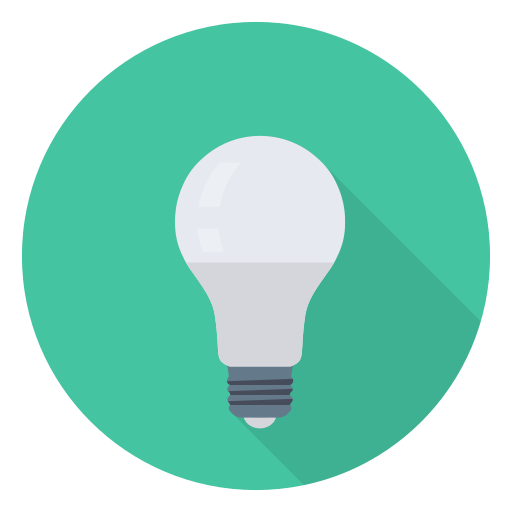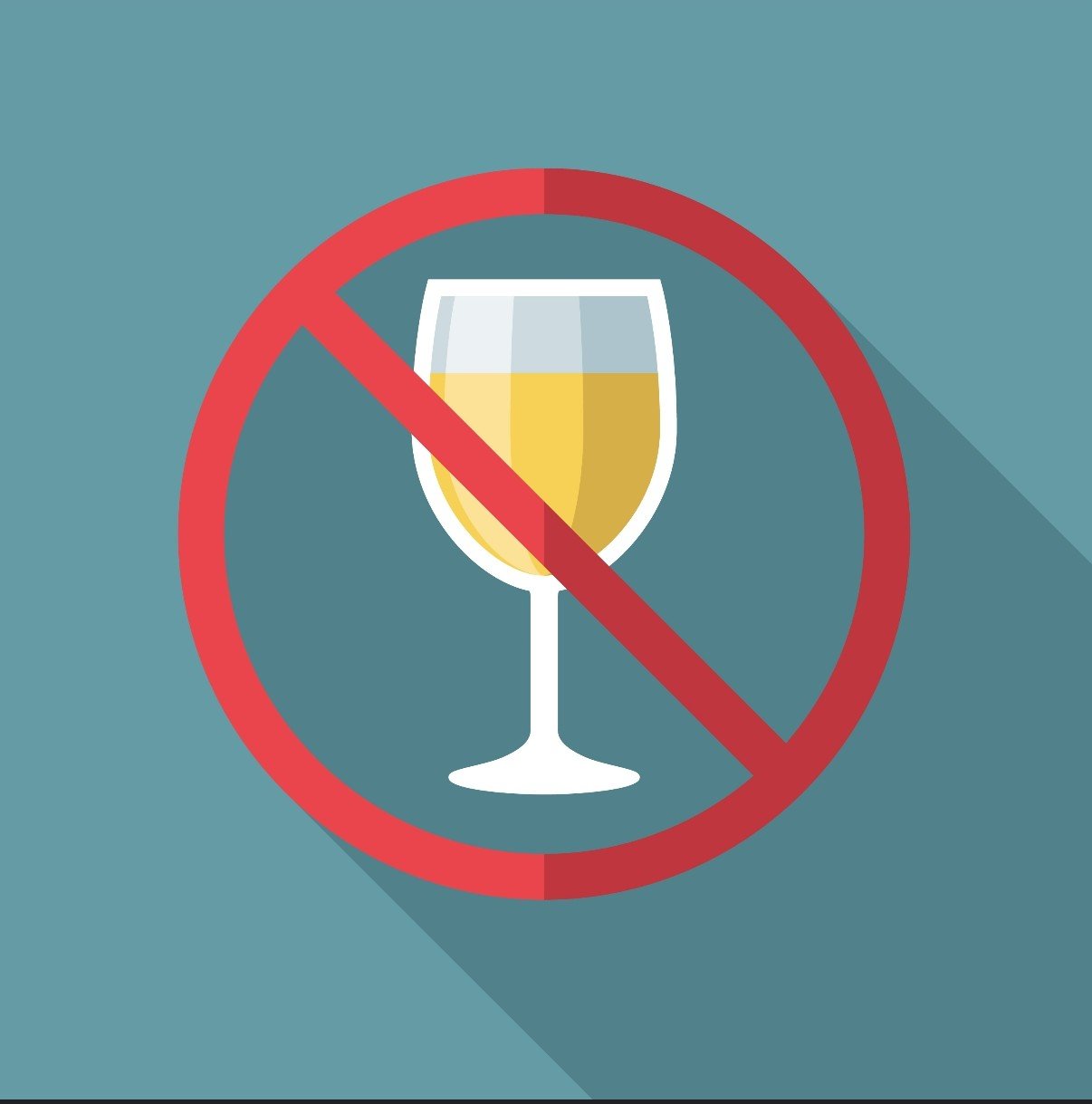If those are regular size flooring slats, the screws are impossibly large. I call fake.
- 27 Posts
- 1.4K Comments

 2·5 days ago
2·5 days agoYeah, but you don’t go as far as rejecting having your name added to the Trump Kennedy center.

 11·5 days ago
11·5 days agoHotter? Aren’t they sexy enough for you ?

 1·6 days ago
1·6 days agoI installed in my(old but very good) car a surprisingly nice sounding stereo unit, very inexpensive, like 30€.
The unit has no cassette or CD. It does have a micro Sd slot, two USB, one is charge only, for phones, and the other for storage. It has a remote. Physical buttons and a multi modal knob.
My phone has 512Gb of storage, and I almost never use streaming services.
I imagine your phone notifies you of texts, anyway, no?

 1·6 days ago
1·6 days agoMy phone is jailbroken (rooted, Android).
Unless I discover a deeply hidden part of me, it’s highly unlikely that I’d get a grinder notification.
Anyway, you won’t get that notification I the ipod, but you will in your phone.
I’m actually restoring a Motorola Startac phone for my son, but there is no pretense of usability there, (except battery life), it’s simply for the cool factor.

 1·6 days ago
1·6 days agoThanks. I don’t know about the “smartest people” thing, though, after the whole hegseth thing 😂

 14·7 days ago
14·7 days agoThis is pedestrian crossing logic:
I, pedestrian, have the right of way while crossing the street, so when that coaler truck comes at me full speed, I will die. But I will die being right.
Sorry, but I will die defending my children’s rights. My children will not die to defend my rights.
Seriously, if you are willingly exposing your children to bullets, actual bullets, tear gas, physical violence, you should be barred from reproducing.
Doesn’t having WSL under the hood negate Linux’s inherent security?
I’d much rather have Windows shit containerized within Linux.
Winboat looks nice. I’m planning to play with it today. I’m also going to try distro box etc. Wish me a happy Virt-day. (yeah, yeah, I know where thee door is.)

 11·7 days ago
11·7 days agoTrue. That’s why I started the comment with “I”.

 19·8 days ago
19·8 days agoI was thinking about doing this, getting a storage constrained, apple constrained, obsolete piece of hardware, to do what the phone I already carry does better.
Oh, wait!

 3·8 days ago
3·8 days agoI should look for a clear and simple list of reasons, published somewhere to share with family and friends. ADHD and lazy stand in my way.

 2·8 days ago
2·8 days agoAnd often not even haptic.
I have a somewhat basic home automation, and my lights are programmed to be cooler during daylight hours (where necessary, desk lamp, corridor, etc), and they become warmer at night. The reverse happens early morning in winter, where I wake up while still dark.
Microsoft has historically shipped Alpha versions, followed by Betas, in paid software.

 1·8 days ago
1·8 days agoI’ve had several French cars, starting with an R4. That one was good, did exactly what it was designed to do. Next I had Talbot Horizon, an american (Chrysler) car with a very good diesel engine. Then I had a Peugeot 505, that had a good engine that was over complicated to the extreme, to the point that the oli overflow pipe litrelly crossed over from one side of the engine to the other, a truly brain dead design. Also the electrics in the back were literally routed under the rear light seals, so a seal failure meant that the electrical system shorted when it rained, the central locking and windows actuators had similar design flaws.
I also had a Xara, which had several secondary ecus, which had to be progressively eliminated , until I sent the thing to the scrap yard, out of despair, despite having a sound body and engine.
I’m in Europe, and I sometimes play the game of observing how many old cars (15+ years) I spot by nationality. Plenty of German, Spanish, Czech, Japanese and Korean. Very few Italian or French.
My daily driver now is a 26 year old Skoda. I do all maintenance. In nearly 500.000 km, it has had zero major failures. A few minor things, starter (Bosch), two window regulators, a CV joint, and the usual, belts, clutch, brake pads… Consumables. I love how logical the engine bay is.

 1·8 days ago
1·8 days agoThey usually only care about the perks, the grift opportunities, and they often sell out their coworkers in negotiations, usually paid under the table by management, to accept less than they could have obtained.
See the Boeing strikes, for example.

 8·10 days ago
8·10 days agoI bought and installed Monster cables for my fairly high end (Not audiophile) HiFi setup in the 80s. Oxygen free copper yada yada. It’s true that they are fat conductors (good), very flexible sheathing (good), transparent (cool), but I could have saved a bunch by using fat plain electrical cables.












The Fox News figure is definitely inflated